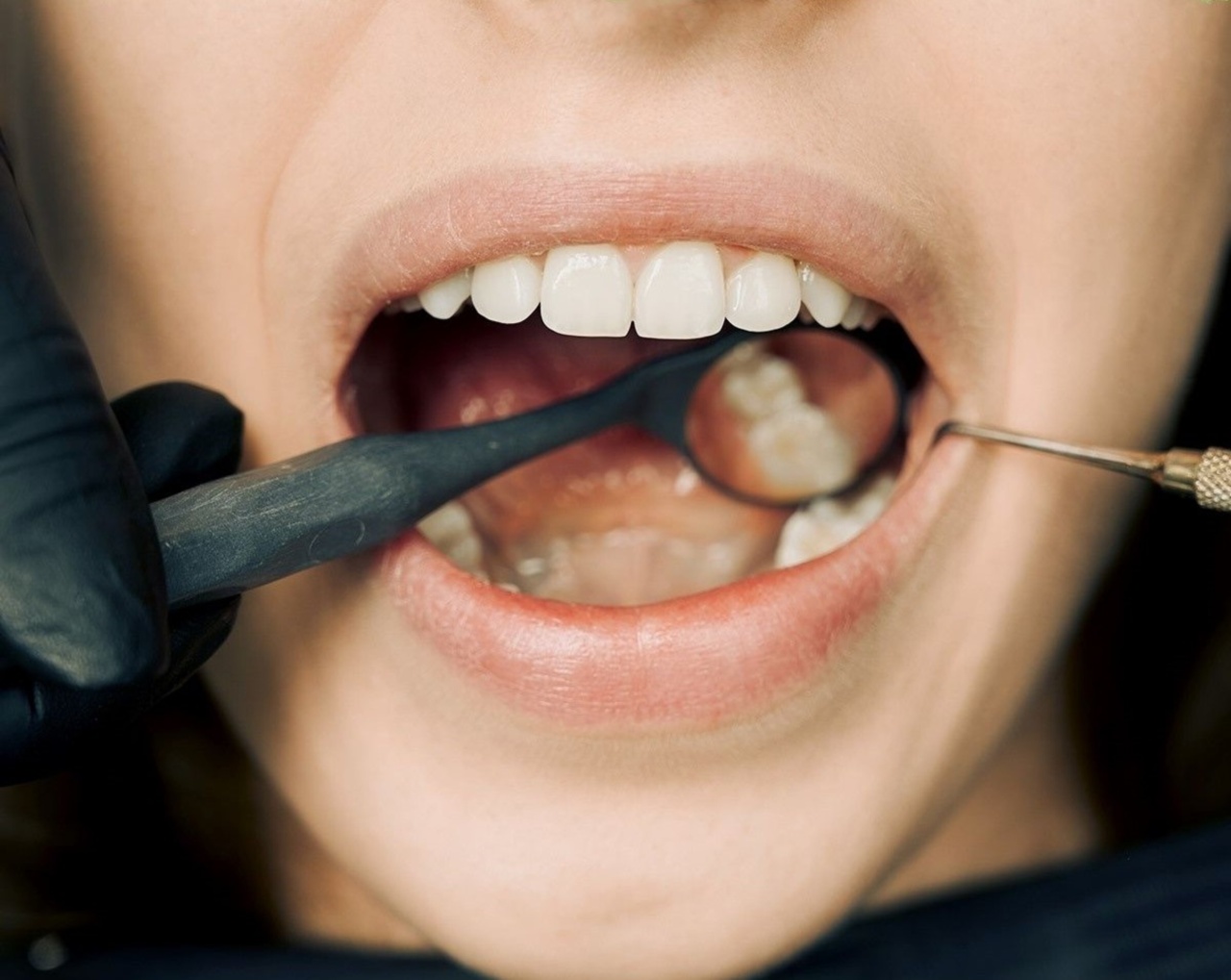Dandruff is a common scalp condition that affects millions of people worldwide. It is characterized by the shedding of dead skin cells from the scalp, leading to visible white or yellow flakes.
While dandruff itself is not a serious medical condition, it can cause discomfort and embarrassment for those who experience it.
There are several factors that can contribute to the development of dandruff. One of the main causes is a yeast-like fungus called Malassezia that naturally resides on the scalp.
When this fungus grows excessively, it can trigger an inflammatory response, leading to flaking and itching. Other factors such as dry skin, oily scalp, sensitivity to hair care products, hormonal imbalances, and certain medical conditions can also contribute to the occurrence of dandruff.
Traditional Treatments for Dandruff
Over the years, various topical treatments such as medicated shampoos, creams, and ointments have been used to manage dandruff.
These products often contain active ingredients like pyrithione zinc, coal tar, selenium sulfide, or ketoconazole, which help to control the growth of the fungal yeast and reduce inflammation.
While these conventional treatments can provide temporary relief, they often fail to provide a long-term solution for dandruff.
Moreover, these products may contain harsh chemicals that can strip the scalp of its natural oils and disrupt the balance of the scalp’s microbiome.
The Role of Oral Treatment in Managing Dandruff
Recently, there has been growing interest in utilizing oral treatments to address the root causes of dandruff.
Unlike topical treatments, oral medications can target the underlying factors that contribute to dandruff formation, such as the overgrowth of Malassezia fungus or hormonal imbalances.
H2: Probiotics for Dandruff Relief
One promising approach to tackling dandruff is through the use of probiotics. Probiotics are beneficial bacteria that promote a healthy balance of microorganisms in the body.
By introducing specific strains of probiotics, it is possible to restore the equilibrium of the scalp’s microbiome and inhibit the overgrowth of Malassezia fungus.
Research studies have shown that certain probiotic strains, such as Lactobacillus paracasei and Bifidobacterium lactis, can significantly reduce dandruff symptoms.
These probiotics work by modulating the immune response, strengthening the skin barrier, and producing antimicrobial agents that combat the fungal overgrowth.
H2: Omega-3 Fatty Acids for a Healthy Scalp
Omega-3 fatty acids are essential nutrients that play a crucial role in maintaining overall scalp health. These healthy fats have anti-inflammatory properties, which can effectively reduce scalp inflammation associated with dandruff.
Adding omega-3-rich foods like fatty fish (salmon, mackerel), flaxseeds, chia seeds, and walnuts to your diet can improve scalp health and minimize dandruff symptoms.
Alternatively, omega-3 supplements can be taken to ensure an adequate intake of these beneficial fatty acids.
H2: Herbal Remedies for Dandruff Control
Natural herbal remedies have been used for centuries to manage various skin conditions, including dandruff. Some herbs possess antifungal, antibacterial, and anti-inflammatory properties that can help alleviate dandruff symptoms.
Some commonly used herbal remedies for dandruff control include:.
H2: Apple Cider Vinegar Treatment
Apple cider vinegar has been praised for its numerous health benefits, including its potential to combat dandruff. The acidic nature of this vinegar helps restore the scalp’s pH balance, making it difficult for the Malassezia fungus to flourish.
To use apple cider vinegar for dandruff treatment, dilute it with water and apply the mixture to your scalp. Let it sit for a few minutes before rinsing thoroughly. Regular use of apple cider vinegar can help reduce dandruff and restore a healthy scalp.
H2: Tea Tree Oil for Dandruff Management
Tea tree oil is a popular essential oil known for its antifungal and antimicrobial properties. It can effectively combat the Malassezia fungus and reduce inflammation, making it an excellent natural remedy for dandruff.
To use tea tree oil for dandruff management, mix a few drops with a carrier oil like coconut oil and massage it into your scalp. Leave it on for some time before washing it off.
Regular application of tea tree oil can help control dandruff and soothe scalp irritation.
H2: Aloe Vera Gel to Soothe the Scalp
Aloe vera gel has soothing and moisturizing properties that can provide relief from itchiness and flaking associated with dandruff. It also has antimicrobial properties that can help combat scalp infections caused by the Malassezia fungus.
Apply fresh aloe vera gel directly to your scalp and leave it for about 30 minutes before rinsing off. Regular use of aloe vera gel can help maintain a healthy scalp and prevent dandruff flare-ups.
H2: Conclusion
Dandruff is a common scalp condition that can cause discomfort and embarrassment. While traditional topical treatments have been widely used, they may not provide a long-term solution to the underlying causes of dandruff.
Oral treatments, such as probiotics, omega-3 fatty acids, and herbal remedies, offer a holistic approach to managing dandruff by targeting the root causes.
Incorporating these treatments into your routine can help alleviate dandruff symptoms and promote a healthy scalp.




























